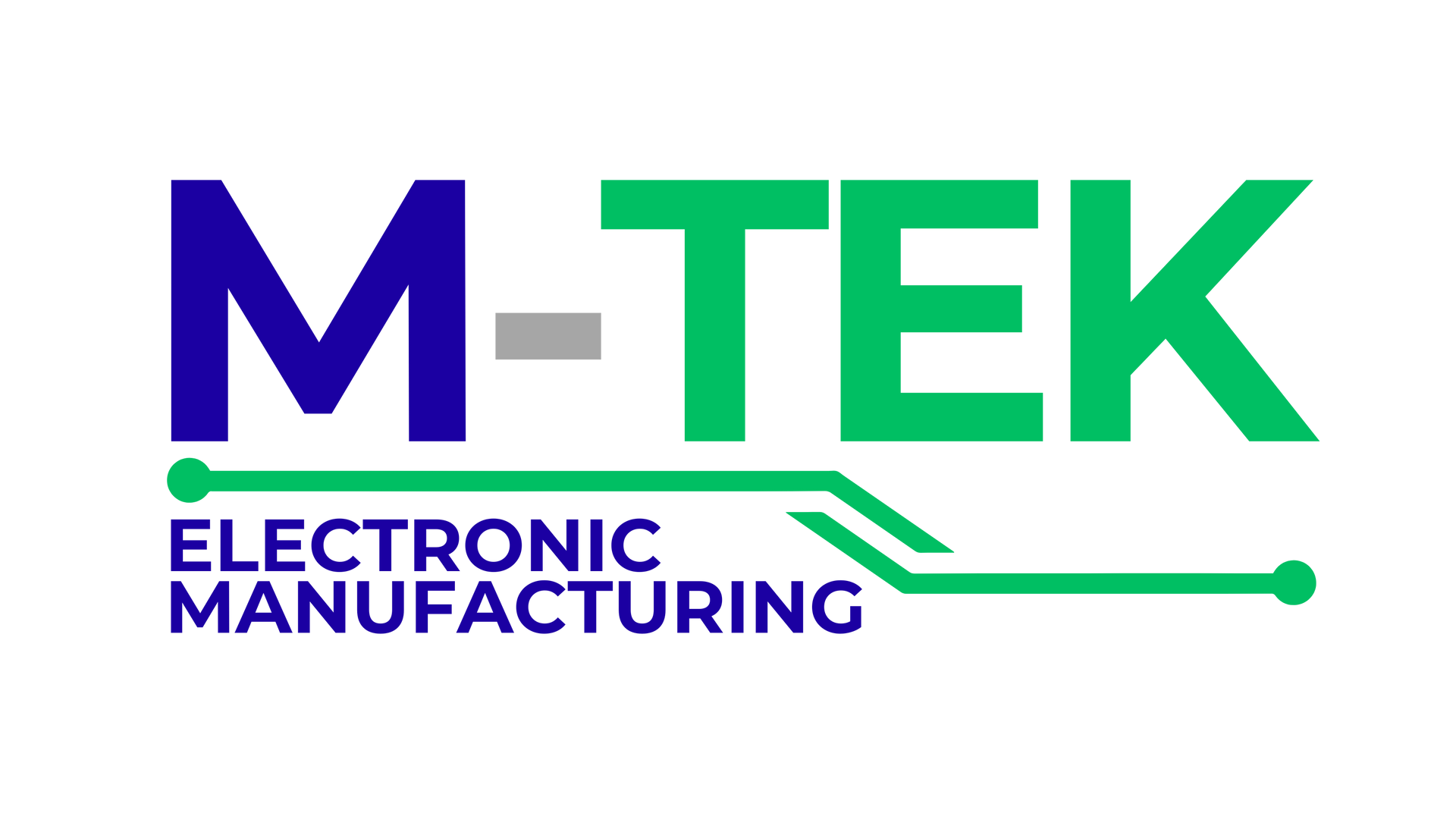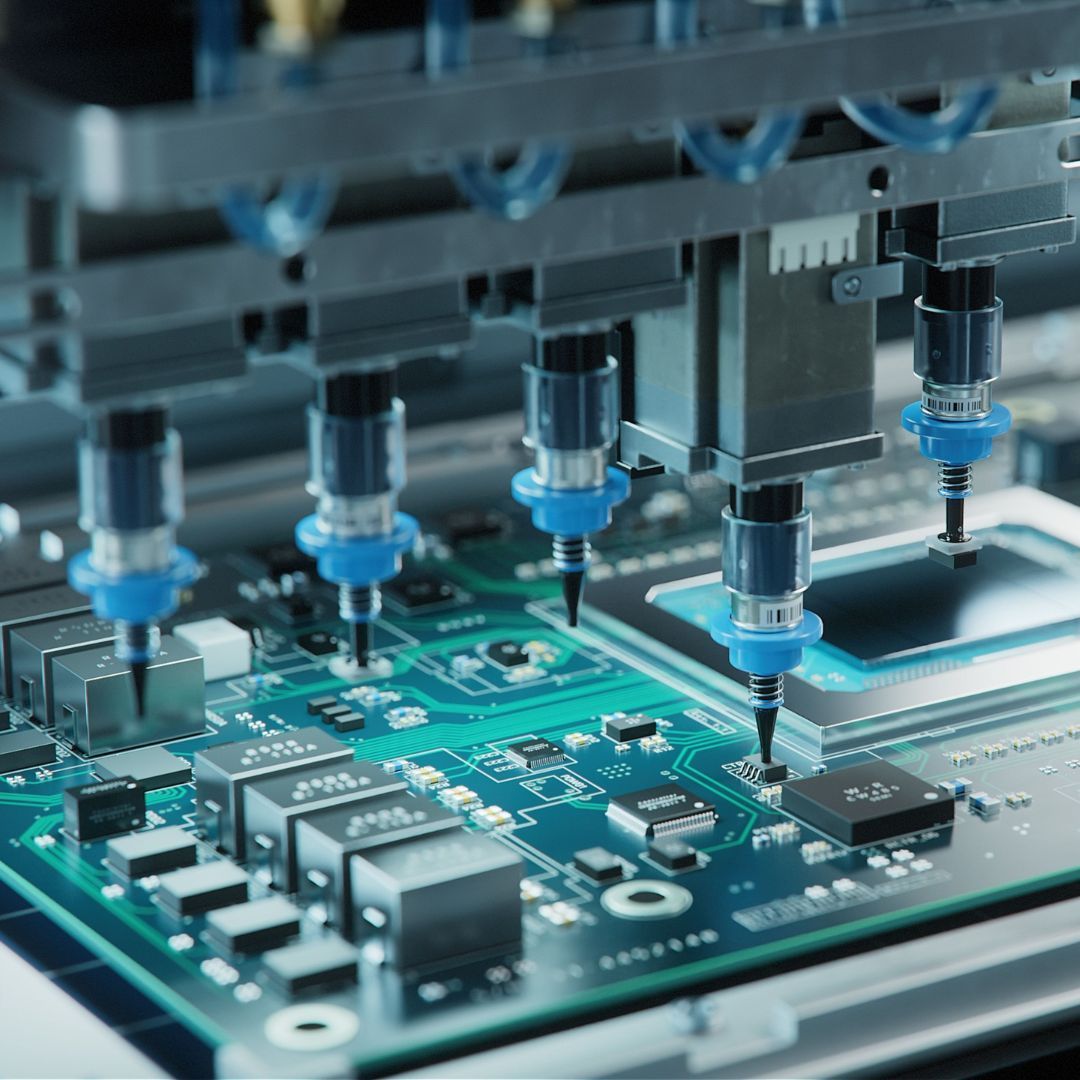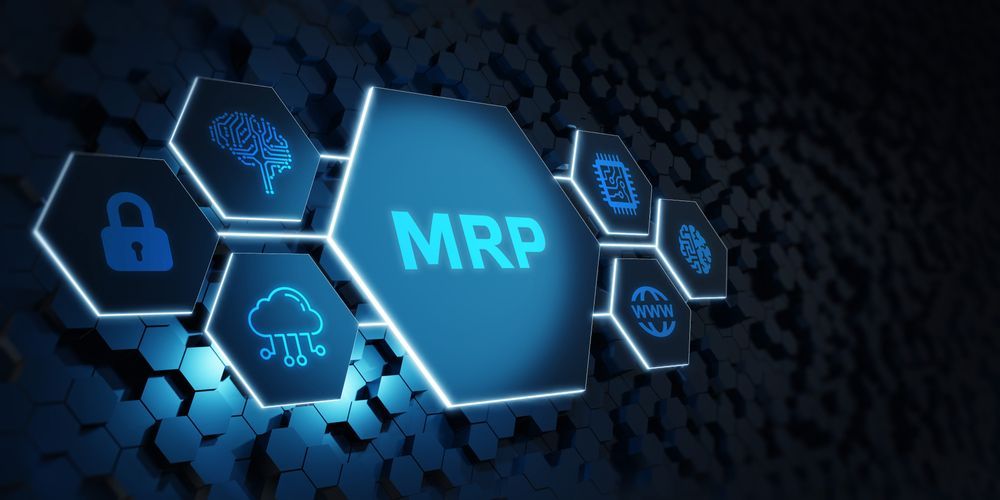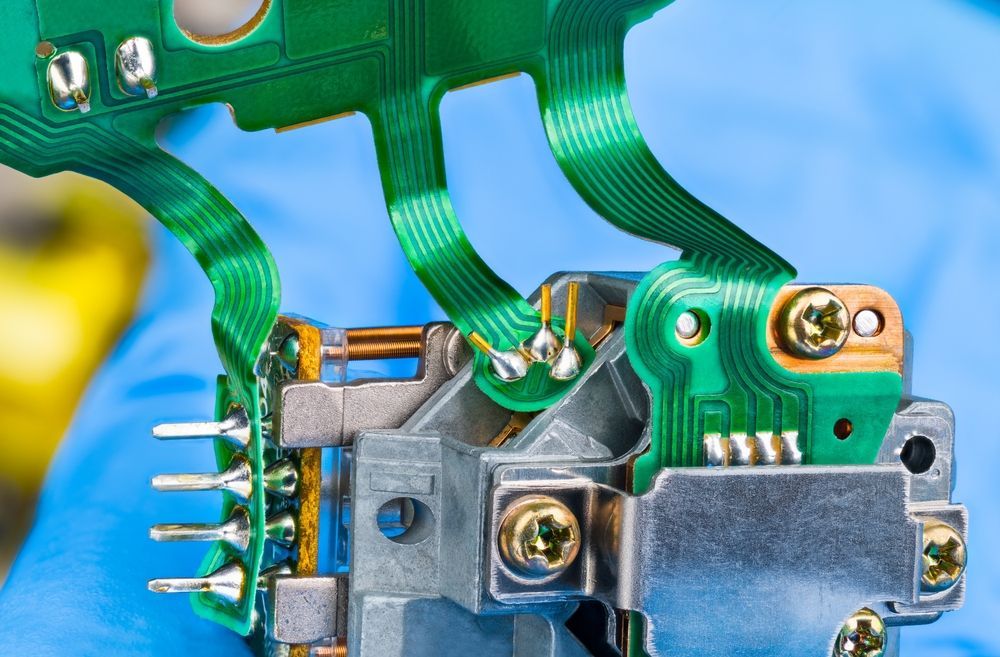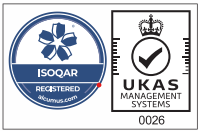Vacuum casting is a manufacturing process that has been gaining popularity in recent years due to its ability to produce high-quality, precise parts quickly and cost-effectively. This method of casting involves creating a silicone mould of a master model and then using a vacuum to remove any air bubbles before casting the final product. In this article, we will explore the various ways that vacuum casting can benefit your company, from improving efficiency and productivity to reducing costs and increasing the overall quality of your products.
What Is Vacuum Casting?
Vacuum casting, also known as Urethane casting or Polyurethane casting, uses silicone moulds to produce plastic and rubber components under vacuum. It is a remarkably flexible manufacturing technique that can mimic injection moulding to create intricate parts from cast nylon and polyurethane resins. Due to the vacuum used during the process, it creates bubble-free casting of the highest quality with a flawless surface texture.
Benefits Of Vacuum Casting
Some of the many benefits of vacuum casting are listed below.
High-quality product. High-quality goods are produced using the vacuum casting technique. Additionally, the use of resin enables you to select the ideal component for the creation of the finished product. You can choose from a wider range of levels of flexibility, hardness, and rigidity for your products as a result.- Decreases production costs. Making the product through vacuum casting is more cost-effective. Compared to steel or aluminium, silicone is more affordable and produces excellent finished goods.
- High precision and fine detail. The final product has a high level of attention to detail when silicone is used as the mould for your products. In the end, the finished product resembles the original. Every small consideration and factor are taken into account.
What Materials Can Be Vacuum Cast?
Thermoplastics, rubbers, and resins are some of the materials used in vacuum casting, and they can all simulate different qualities and properties, such as physical appearance and surface finish or texture.
Uses Of Vacuum Casting
Vacuum casting is a very popular packaging method in the food and beverage industries. Other examples include.
Food and beverages. This product is used by the food and beverage industry to package its finished goods. Plastic bottles and tins can be produced using vacuum casting. The majority of these industries favour this process because it can be used to produce goods more quickly and in large quantities.- Commercial products. Commercial products that can be used in packaging are created using vacuum casting. Sunglasses, phone cases, food and beverage packaging, and pens are among the most common products produced using this process.
- Household products. Vacuum casting is a technique used to create some household goods. This method is used to create common items like cosmetics, food processing, and laundry detergents. There is a good chance that the companies you purchase your goods from will use the vacuum casting process to create your purchases.
M-TEK
At M-Tek Assembly, we can offer a wide range of services, including engineering support, testing setups and equipment, prototyping, software development, vacuum casting, and product support. Our printed circuit board and integrated circuits will help you stay competitive in your industry and boost your overall efficiency with high-quality products at a cost-efficient price. To begin your project, get in touch with us!
Recent Posts
Call Our Team
Want to find out more about our PCB assembly services? Speak to our team to find out how we can help you.
Join the Newsletter
We will get back to you as soon as possible
Please try again later
